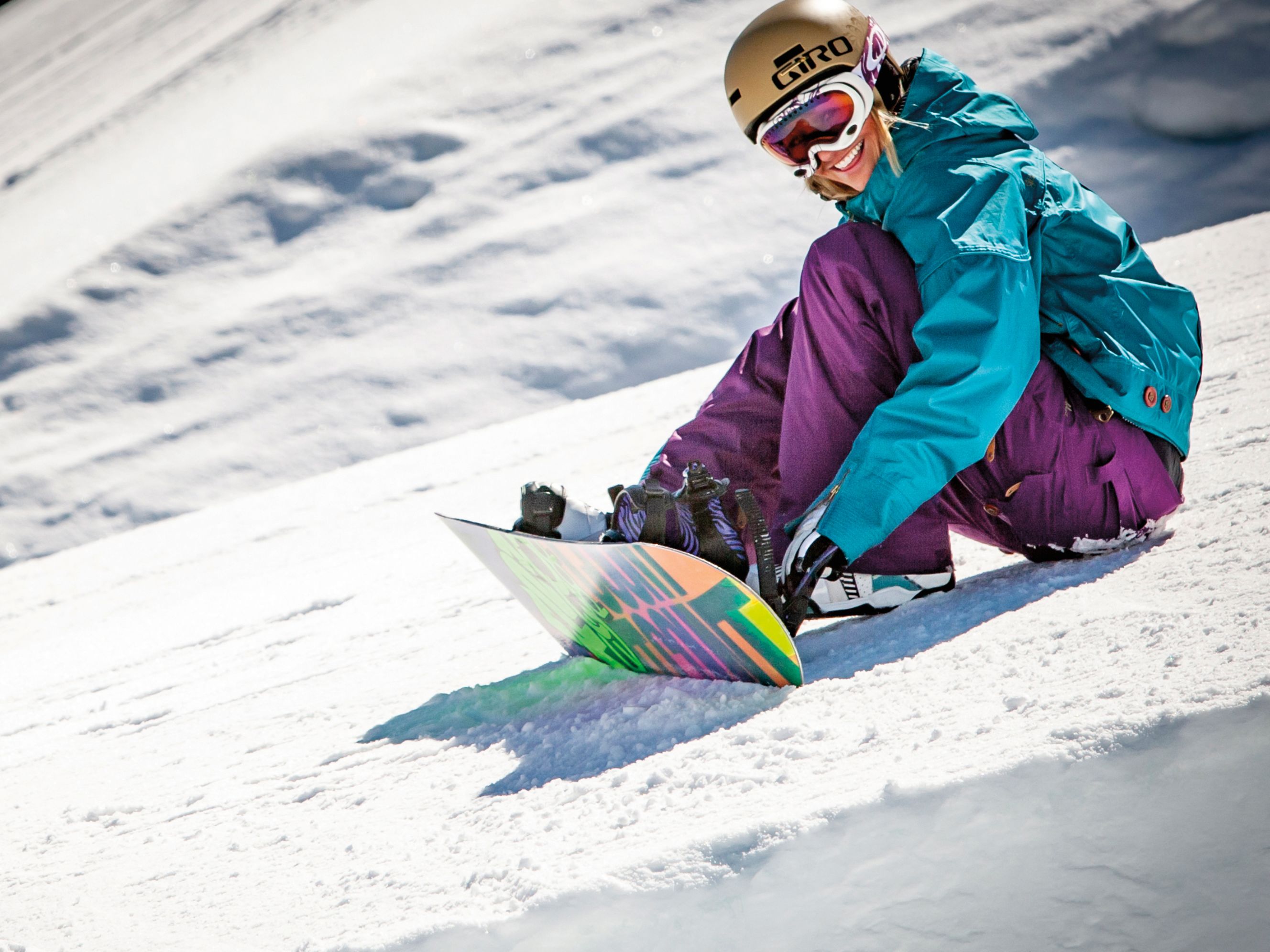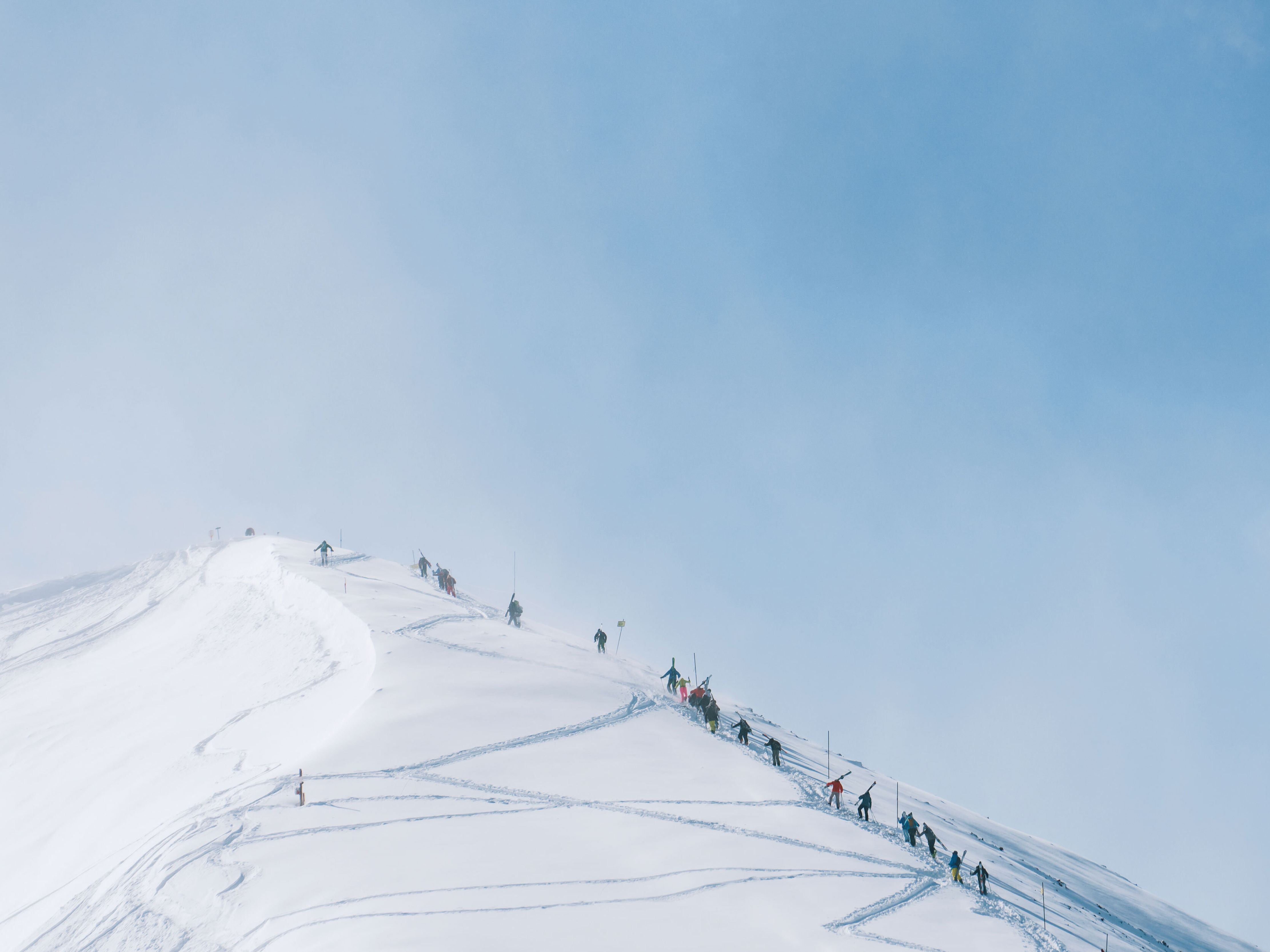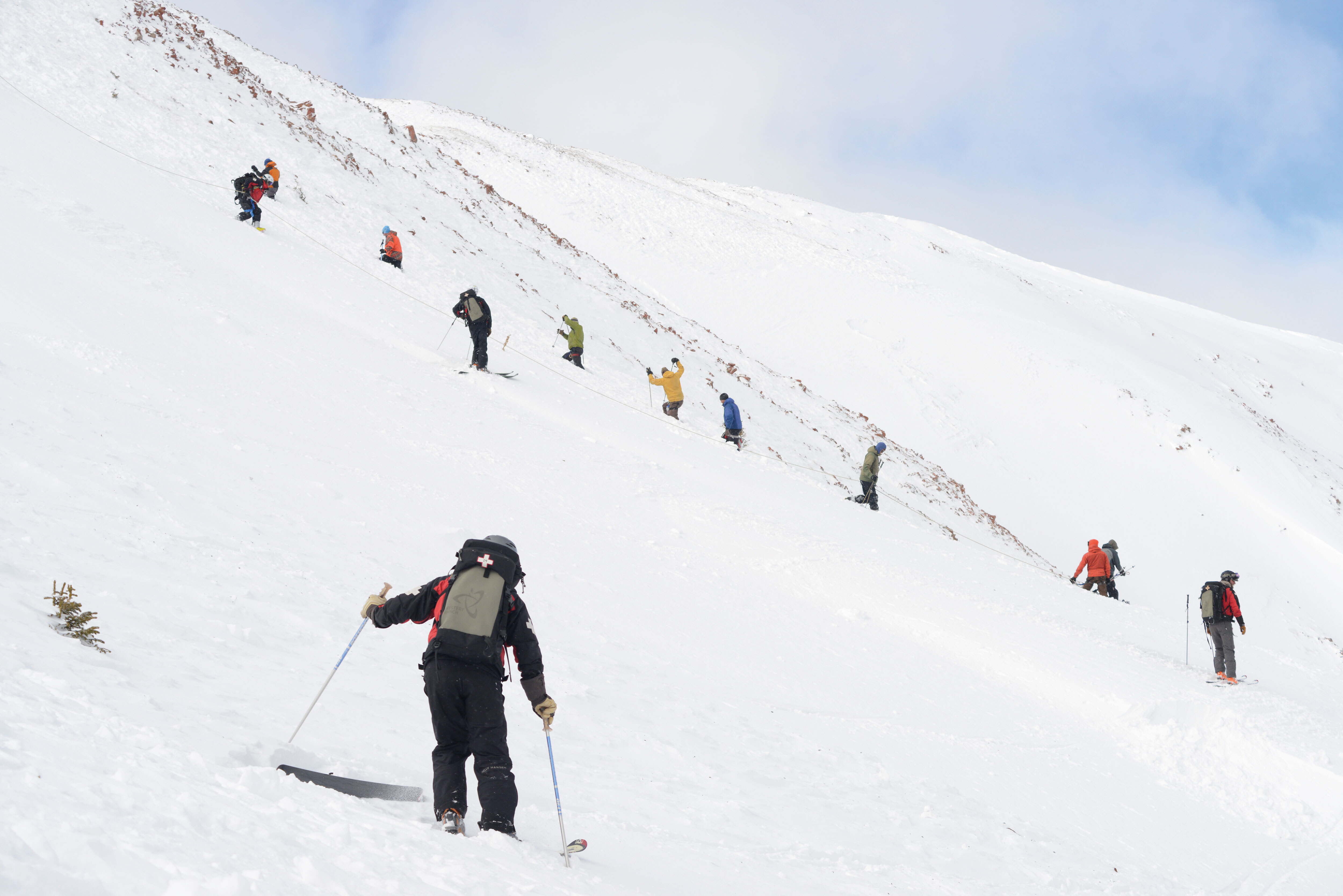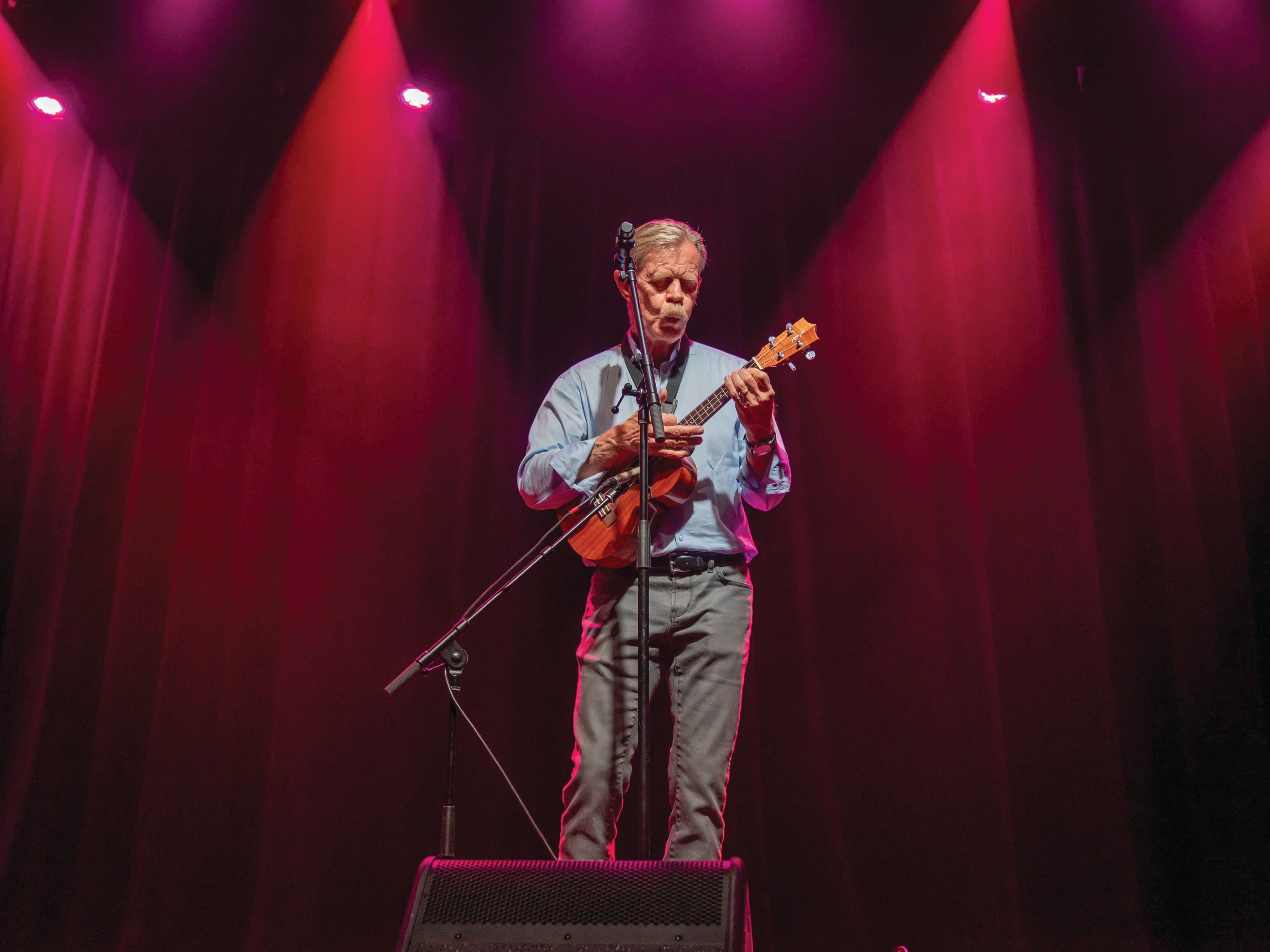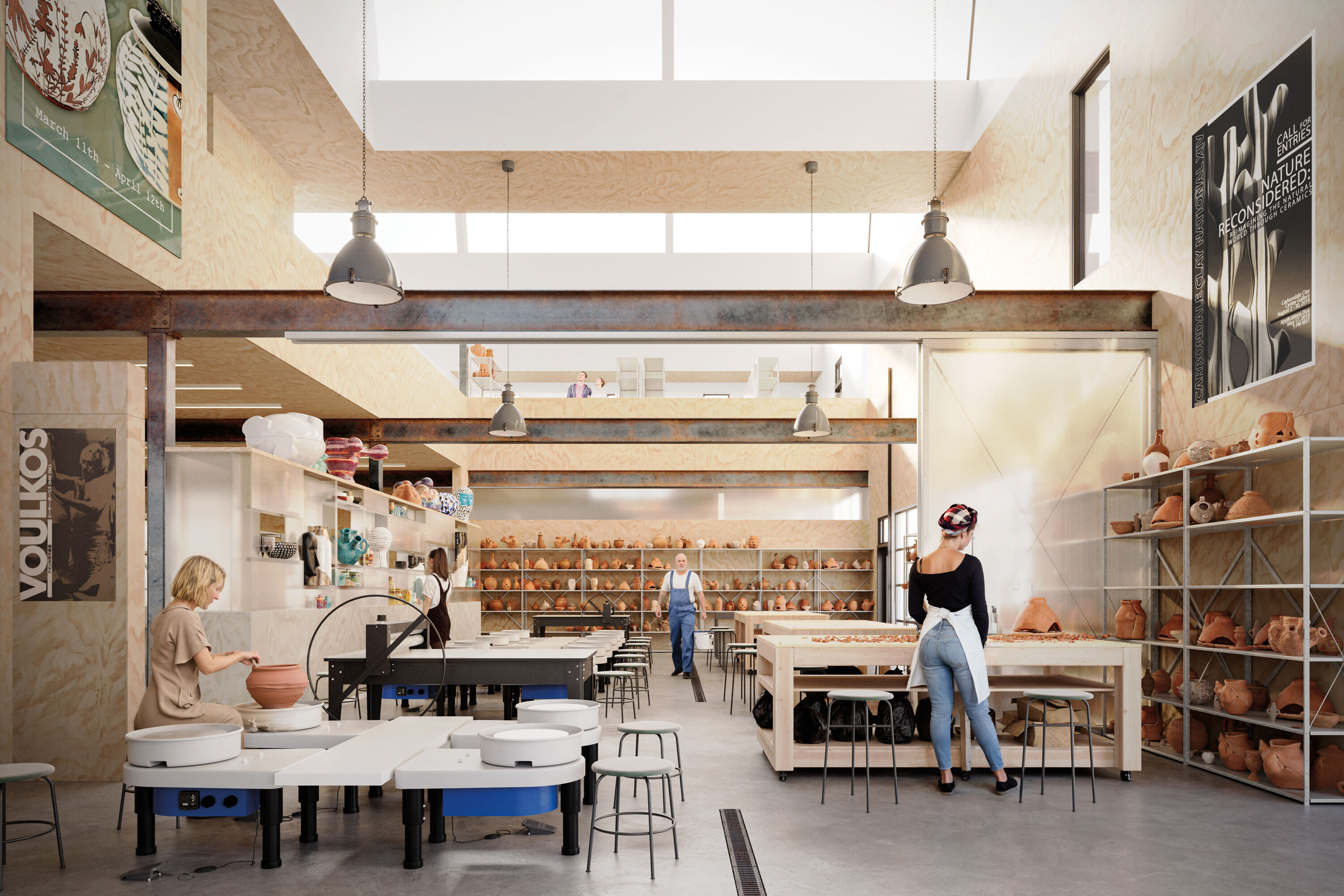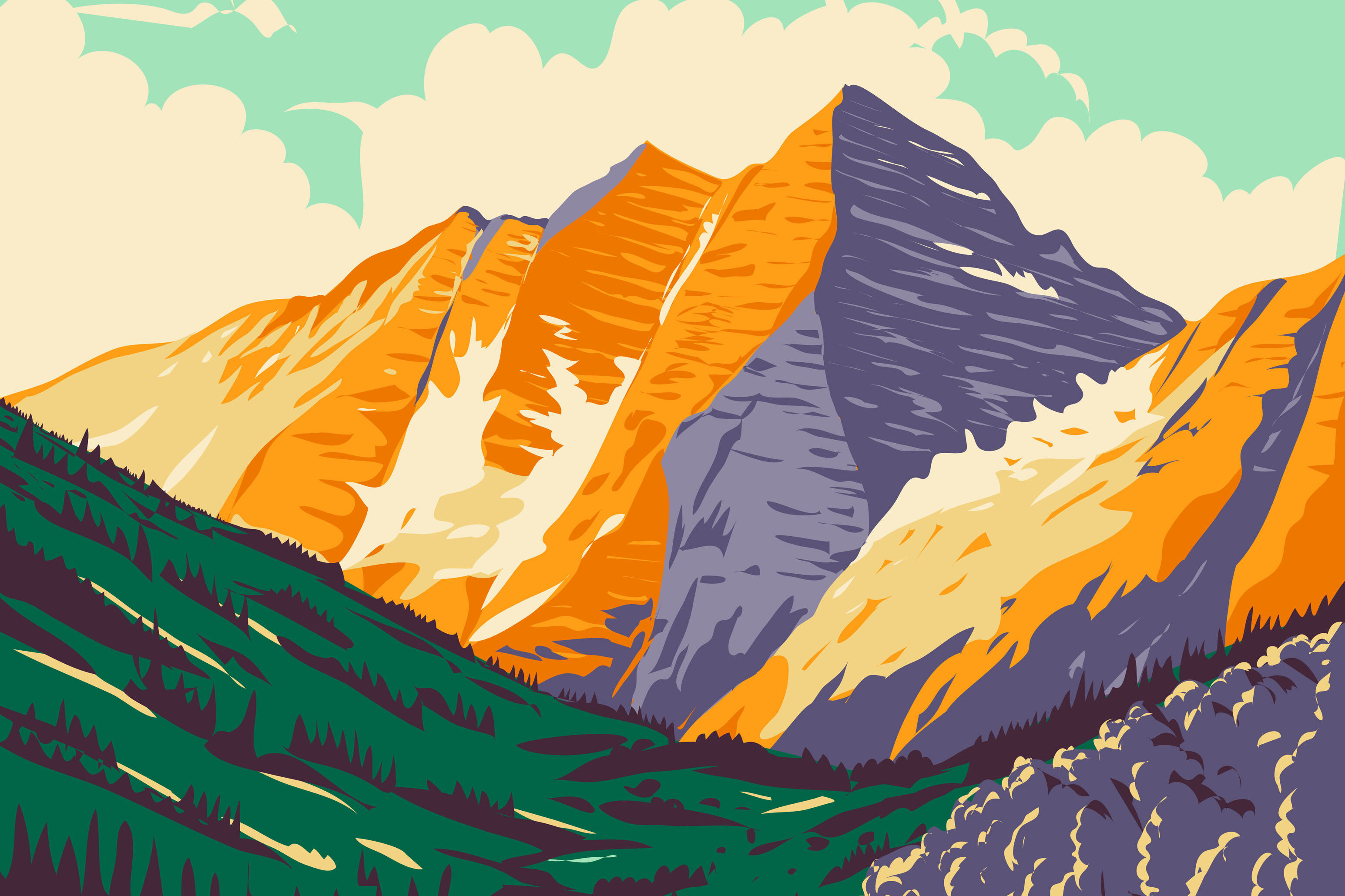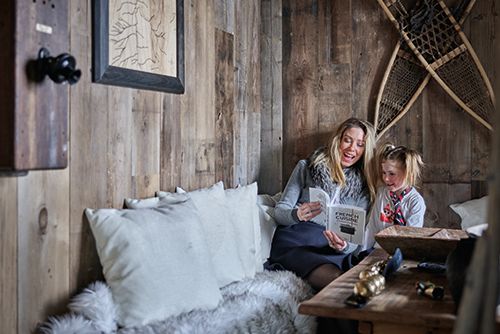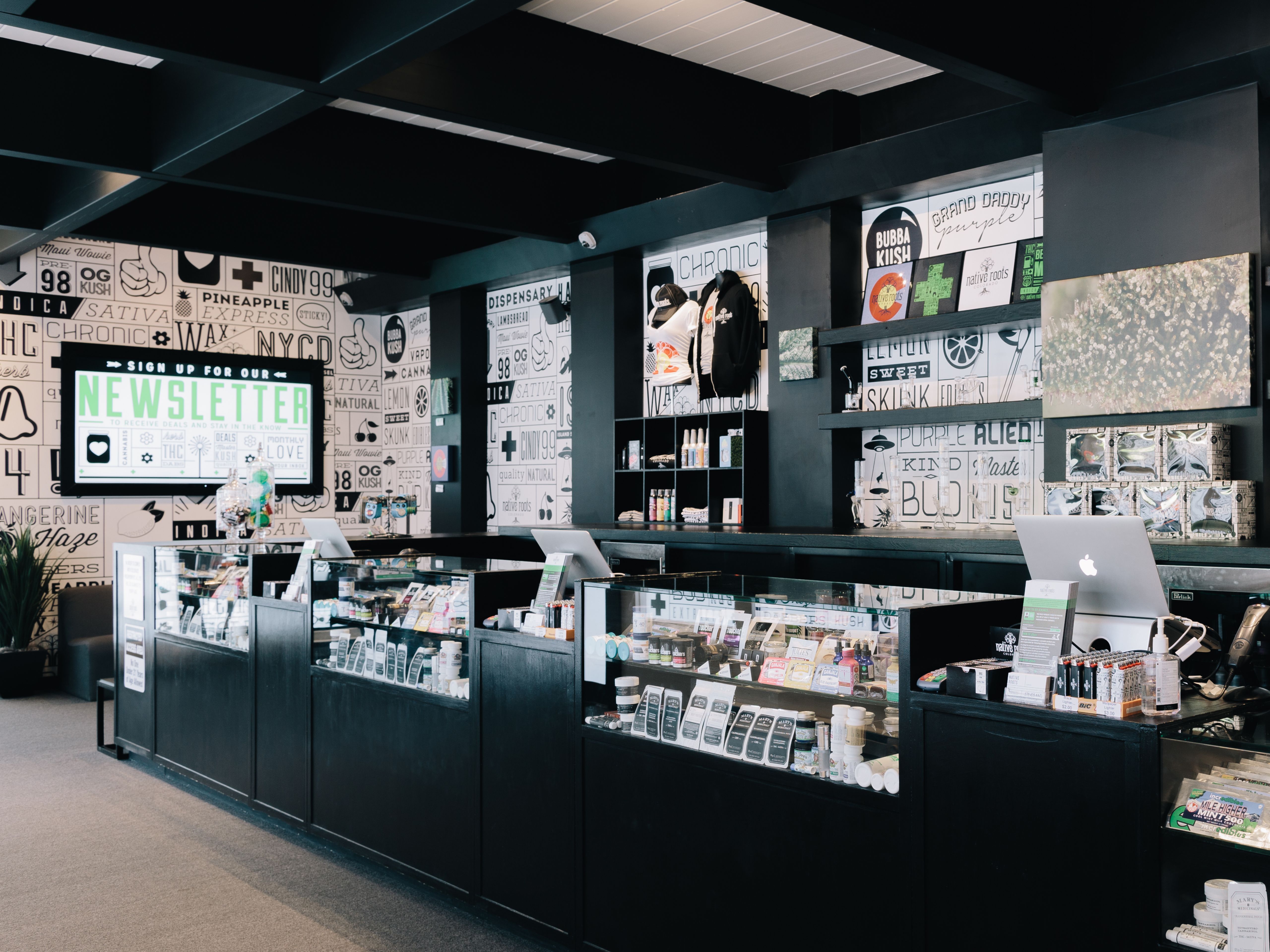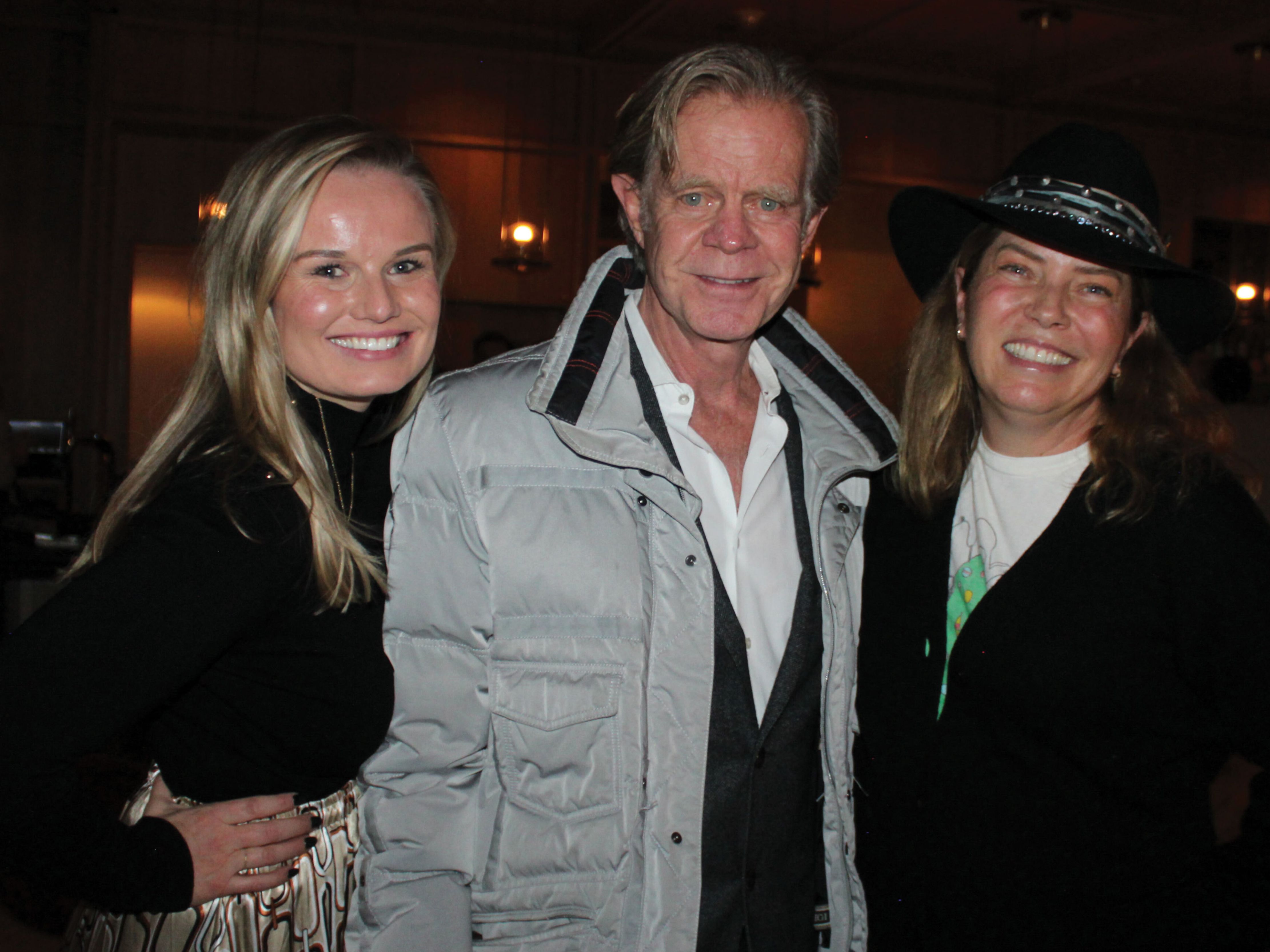Editor's Note: Ski Race
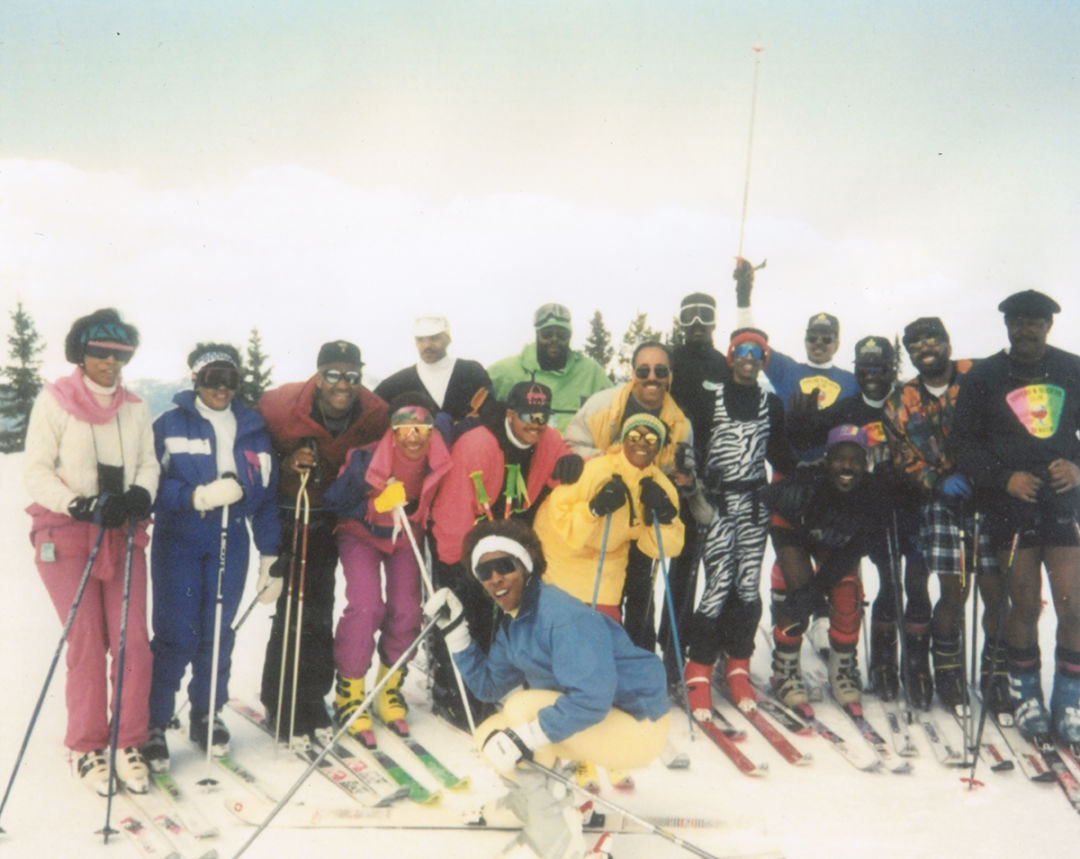
Denver’s Sippers-N-Sliders Ski Club (now Slippers-N-Sliders) in the 1990s
Fifty years ago this winter, the National Brotherhood of Skiers (NBS), a newly formed coalition of 13 black ski clubs from around the United States, held its first-ever Black Summit in Aspen.
“There was an overall sense of camaraderie and connection that pervaded the event then and still holds true with the Black Summits today,” the NBS recounts in its official history. But unofficially, when 350 Black skiers from Chicago, Denver, Detroit, Los Angeles and other big cities onverged on Aspen in 1973, that sense of camaraderie and connection, or welcome, wasn’t exactly shared by the locals.
“They ended up calling out the National Guard in preparation of all these African Americans coming up there, but it went well,” says Melodie Brooks, a Denver resident who took her first ski trip to the mountains as a 9-year-old in 1970 with Black families from her inner-city neighborhood. In 1972, that group formed Sippers-N-Sliders, one of the founding NBS ski clubs that attended the first Black Summit.
Aside from providing safety in numbers and normalizing the sight of Black people in mountain towns, one of the goals of Sippers-N-Sliders was to take inner city kids—who looked out at the mountains every day but had actually never set foot on them—and put them on skis.
That experience proved to be foundational for Brooks, who still remembers the morning when she gaped wide-eyed out a fogged window at the high-alpine snowscape as her ride corkscrewed up Loveland Pass (eight years before the completion of the Eisenhower Tunnel), en route to her first ski lesson at Keystone.
“They basically just threw some skis on my feet, and I walked around and told everybody that I skied,” she recalls. “But it gave me a perspective on something that most African American kids don’t get to experience.”
Eventually, Brooks came to run the Ski For Kids learn-to-ski program at Sippers-N-Sliders, which eventually changed its name to Slippers-N-Sliders to align better with its youth-oriented outdoor recreation goals (and ambition to field and train the first Black Olympian). To that end, she taught her son, Quincy Shannon, to ski when he was 3, and enrolled him in racing programs at Copper, Keystone, and Loveland. But Q, as he is known, hated missing church on Sundays. So instead of an Olympian her son became an ordained minister with the New Hope Baptist Church.
In his 30s, Q founded Ski Noir 5280, another NBS affiliate, and ended up meeting SkiCo CEO Mike Kaplan (see “Last Run,” p. 62), and became a muse/unofficial advisor to Kaplan when it came to defining and executing corporate goals of racial justice and outreach to Black skiers. For Juneteenth in 2021, Kaplan invited Q to Aspen to lead a racial justice community listening session at The Nell. In turn, Q invited Kaplan to Five Points, spending two days in the predominantly Black Denver neighborhood with the CEO and his executive team, meeting with residents, and ministering to the homeless.
“With everything Quincy has done with Mike—and because we’ve had multiple Black Summits up there—we have really been embraced by Aspen,” says Brooks, recalling the 2022 NBS summit, which was held at Snowmass (the NBS 50th anniversary Black Summit will be held in Vail in February).
“The reason I do Ski For Kids is not to make more Black skiers, it’s to take kids out of their comfort level and put them in an environment where they can flourish. When I run into kids, now in their late 20s, I ask them, ‘Did you ever go skiing again after my program?’ Many say no, but they can wear that badge of honor, they can tell people, ‘I did that. I went skiing.’”
And that’s progress.
—Ted Katauskas, Editor






